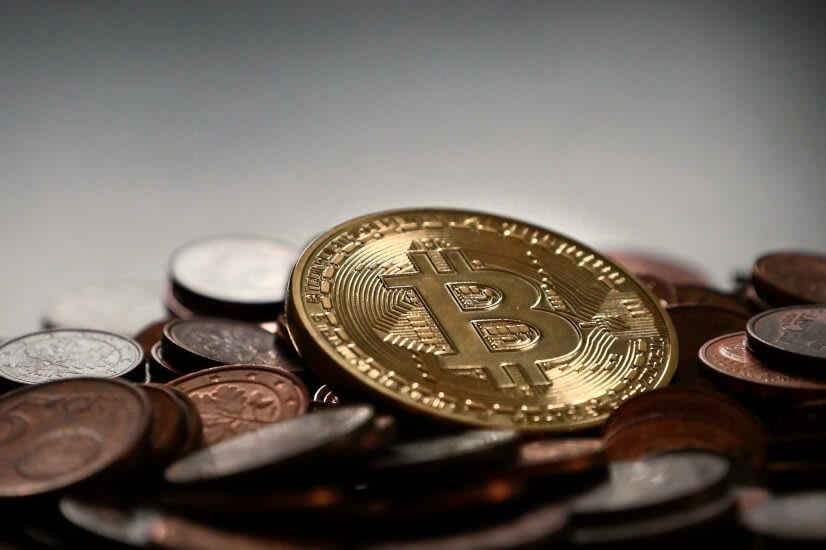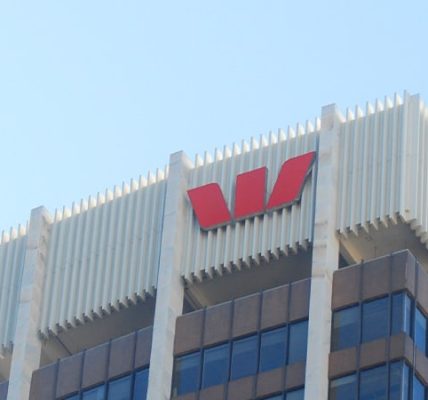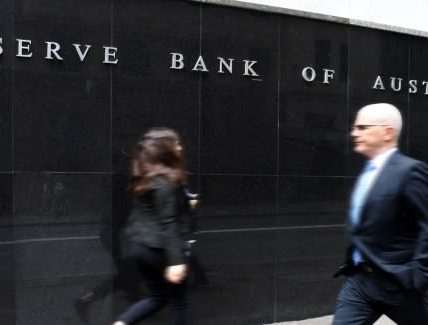[ad_1]
Speaking at ASIC’s annual forum, the regulator’s chairman, Joe Longo, cut through the noise with a blunt “who cares” about bitcoin’s price spike.
Asked to comment on bitcoin’s performance after the US election, Longo called it a classic case of the “bigger fool theory.”
The chairman also criticized Bitcoin’s environmental impact, stating, “The environmental impact of creating these things… [is comparable to] all the power of the small European states.
==
==
Joining Longo on the panel, Reserve Bank Governor Michelle Bullock described bitcoin's rise simply as "more buyers than sellers."
Bullock went further, challenging its very definition: “It's not a currency, it's not money, it's used as some sort of asset class. I don't understand it," she said, adding: "I really don't see a role for it certainly in the Australian economy or the payments system."
Together, Longo's and Bullock's remarks signal a clear message: Bitcoin's speculative surge and large environmental costs have left regulators unconvinced of its value.
But while Australian regulators have questioned the legitimacy of bitcoin, the US appears to be taking a dramatically different stance as President-elect Donald Trump's new administration signals a potential shift in favor of the digital asset.
Reports suggest that Trump is considering appointing a more bitcoin-friendly chairman of the Securities and Exchange Commission (SEC), a move that could dramatically change the regulatory landscape, moving from strict enforcement to a more transparent and predictable framework that encourages use of digital currency.
This change comes as bitcoin prices rallied, reaching a record high of over US$93,000 earlier this week before settling above US$87,000 on Friday.
BTC Markets CEO Caroline Bowler highlighted the impact of Trump's return, noting: “Investors are sending a clear message: optimism about the future of crypto under Trump, especially given his public support for Bitcoin and digital assets.
"President Trump's administration is widely expected to create a more favorable environment for crypto growth, boosting market confidence and attracting new investment."
"While the specifics remain uncertain, the mere perception of such moves is enough to push prices higher in a narrative-driven market like crypto."
Speaking to InvestorDaily last week, Magnet Capital co-founder Yegor Sidelska echoed this sentiment, noting that the current administration has taken a more cautious and regulatory approach to crypto, which does not bode well for industry players.
"The head of the SEC has this clumsy ability to bring people to their knees and bow to our will, but doesn't provide any guidance on how they can actually register in a meaningful, legal way," Sidelska said.
And given the favorable rhetoric and promises from Trump's campaign, the co-founder predicted that bitcoin will continue to grow in anticipation of a more crypto-friendly administration.
"We're going to see all-time highs through the end of this year until he takes office, just because people expect that this, any positive sentiment, any rhetoric, is just going to add fuel to the fire."
This outlook is broadly in line with analysts' predictions that Bitcoin will surpass $100,000 in just a few months.
Back in September, the RBA's assistant governor, Brad Jones, said the central bank had decided to focus on a wholesale central bank digital currency (CBDC) rather than a retail version, targeting applications within institutional finance rather than consumer transactions.
Notably, the central bank had conducted a CBDC pilot project in 2023 to explore CBDC use cases in Australia, which it said revealed little interest in retail applications.
[ad_2]





